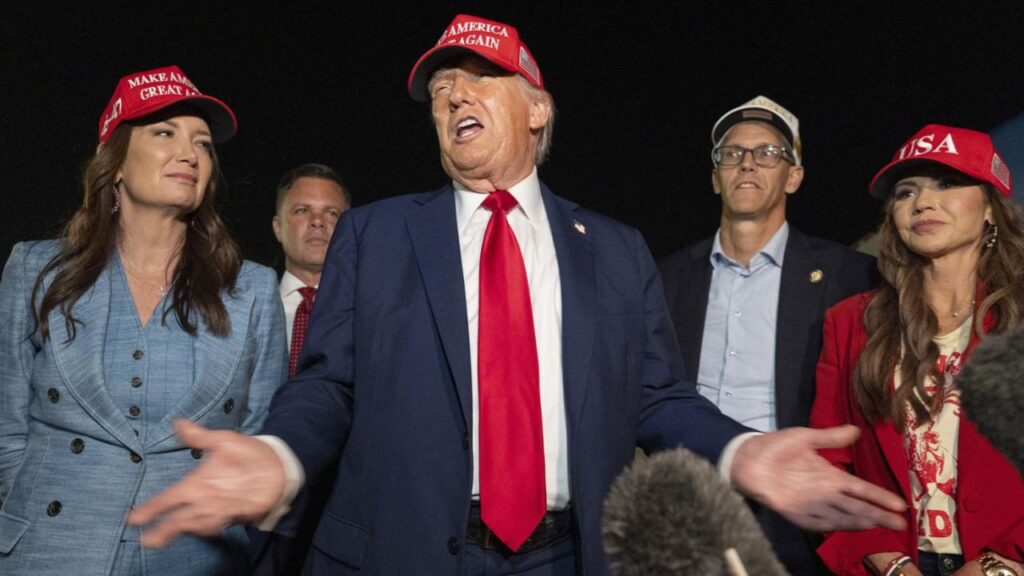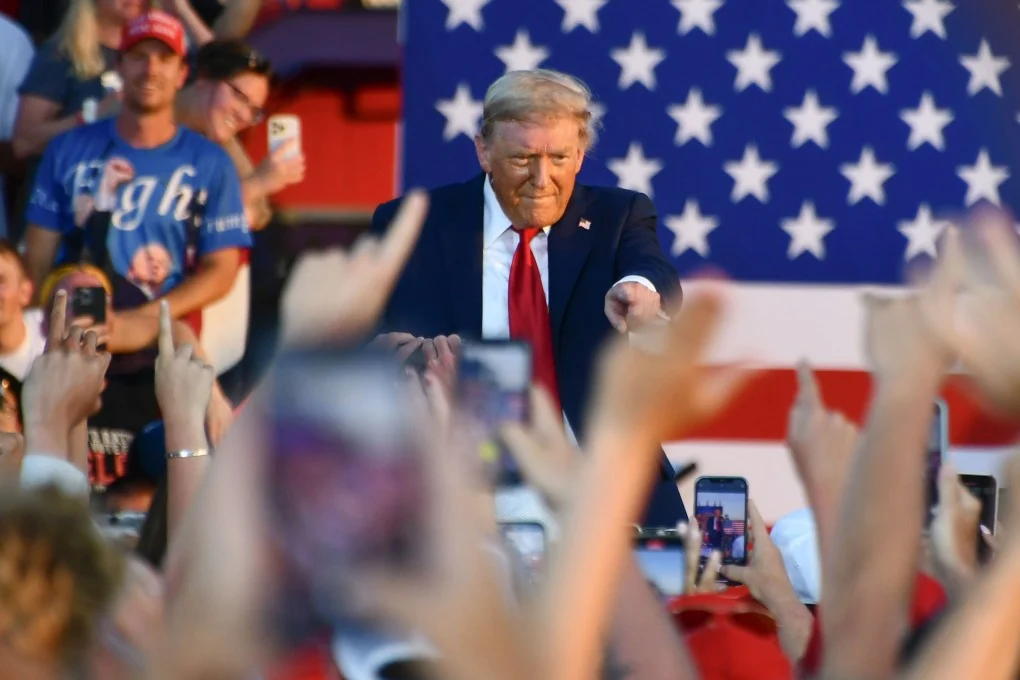At a July 3 rally in Des Moines, former President Donald Trump reignited outrage after using the term “Shylocks” to describe certain types of bankers. The phrase, widely recognized as an antisemitic slur, prompted swift backlash from Jewish advocacy groups, political leaders, and civil rights organizations. Now, Trump is responding—and what he’s saying is only stoking the fire.

Trump Breaks Silence After Antisemitic Slur Backlash
| Insight | Stat |
|---|---|
| Spike in antisemitic incidents since 2023 | 360% increase |
| Trump’s response to backlash | “Never heard it that way” |
| ADL’s stance on term | “Extremely offensive” |
The Slur That Sparked a Firestorm
Speaking to a crowd of thousands, Trump touted his proposed tax reform bill and, while decrying predatory lending, said: “No death tax, no estate tax, no going to the banks — in some cases Shylocks and bad people.”
The term “Shylock” originates from Shakespeare’s The Merchant of Venice, where it is associated with a Jewish moneylender depicted as greedy and vengeful. Over centuries, the name has come to symbolize antisemitic caricatures of Jews and finance.
Jewish Leaders Call It Out
The Anti-Defamation League (ADL) was among the first to respond, stating: “Trump’s language resurrects one of the most toxic antisemitic stereotypes. It’s extremely offensive and dangerous.”
Meanwhile, the Jewish Council on Public Affairs warned the remark could embolden extremists: “We cannot normalize this rhetoric. It fuels hate and undermines the safety of Jewish communities.”
Politicians Across the Aisle Respond
Rep. Jerry Nadler (D-NY) called the remark “vile and intentional,” while Sen. Chuck Schumer tweeted: “This is antisemitic. Plain and simple. Trump is just spewing hate.” Even some Republicans voiced concern off-record, citing the potential for alienating Jewish voters and moderate constituents.

Trump Pleads Ignorance
Pressed about the controversy aboard Air Force One, Trump brushed off the criticism: “I’ve never heard it that way. To me, Shylock is just a term for a bad lender.” He dismissed the blowback as “political correctness gone mad” and insisted his intent was not antisemitic.
This Isn’t the First Time
Trump has faced similar accusations before. In 2019, he suggested American Jews were disloyal if they voted Democrat. He’s also made comments suggesting Jewish donors seek to “control” politicians.
These comments land during a period of sharply rising antisemitic incidents in the U.S. The ADL tracked a 360% increase in such incidents following the 2023 Israel-Hamas war.
Expert Insight: Words That Wound
I’ve been covering U.S. politics for over a decade, and here’s what stands out: whether you meant harm doesn’t matter as much as whether you caused it. That’s what makes Trump’s defense ring hollow. Leaders are supposed to know better—and speak better. Even accidental slurs reinforce old hate. Especially when uttered from a podium.
Where Do We Go From Here?
Advocates argue that Trump’s casual use of antisemitic language—and his refusal to acknowledge the harm—normalizes hate speech. They’re urging media figures, faith leaders, and politicians to speak out more forcefully. “This isn’t cancel culture. It’s about accountability,” said Jonathan Greenblatt of the ADL. The Biden campaign has not yet commented but is expected to address the issue in upcoming statements.






